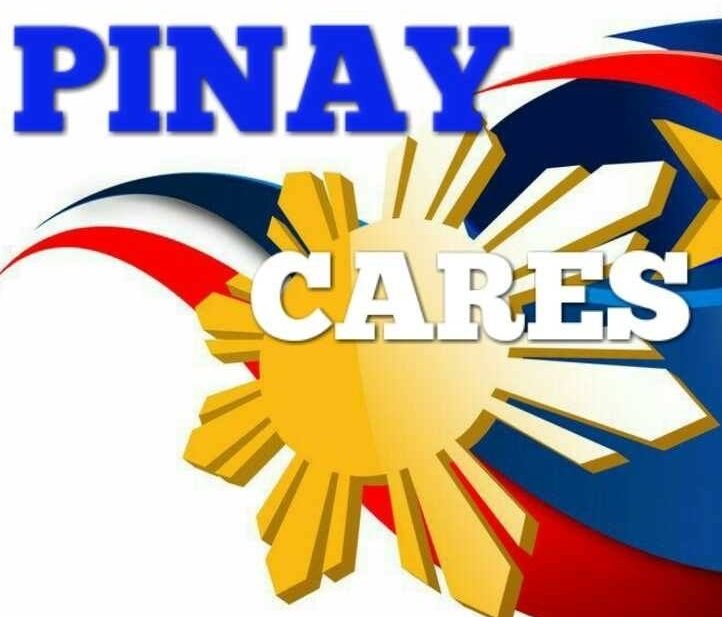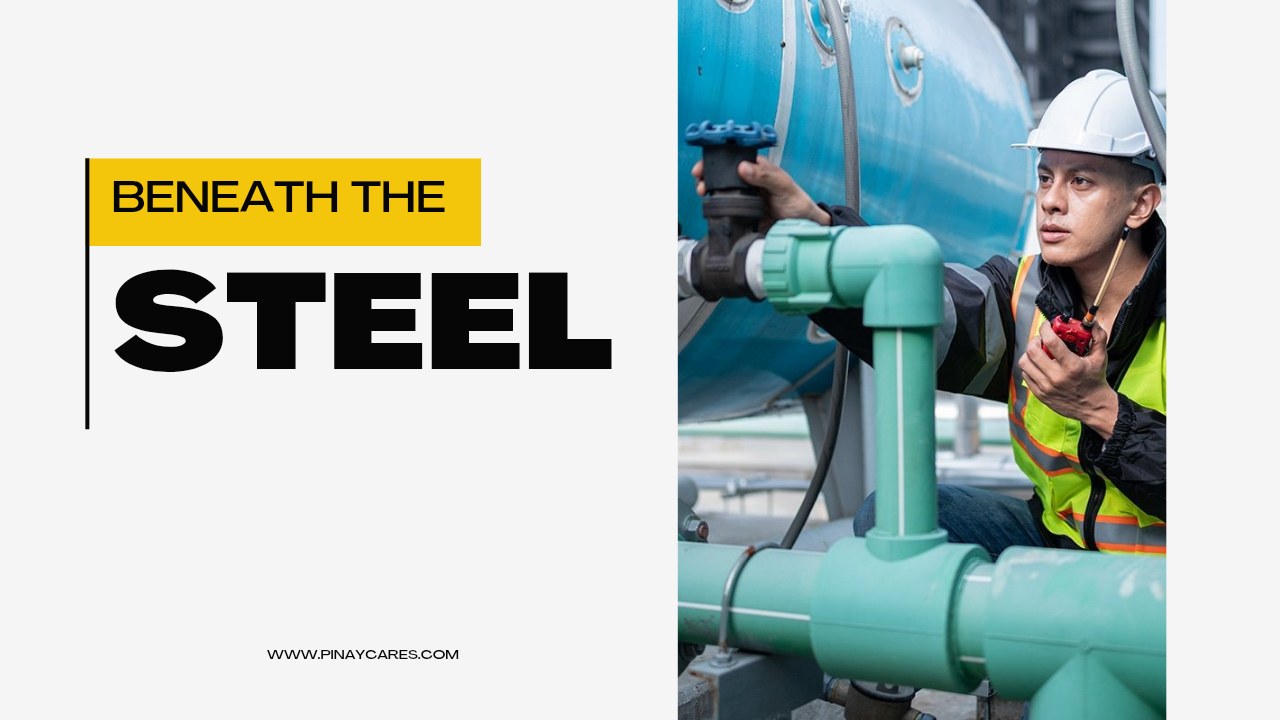Jeric Manalo, 36, stood ankle-deep in mud, welding torch in hand, sweat trickling down the side of his hard hat. It was his third month working as a pipe fitter in Kuwait, assigned to a massive oil refinery project in the desert outskirts. Everyday was a battle against heat, fatigue, and homesickness but Jeric was used to hardship.
Back in Davao, Jeric worked as a mechanical helper in small construction jobs, assisting in plumbing, welding, and pipe laying. His father had been a plumber, and from a young age, Jeric was his little assistant passing him wrenches, holding the flashlight, fetching tools. Life wasn’t easy, but it was honest.
When his first child was born, Jeric promised himself: My son won’t have to grow up with empty lunchboxes like I did. That promise eventually led him to apply for an overseas job. After months of medicals, paperwork, and training certifications, he finally got deployed as a pipe fitter for an international contractor in Kuwait. It was nothing like he’d imagined.
Temperatures often soared above 45 degree celsius The metal pipes burned to the touch. The metal pipes burned to the touch. The site was huge hundreds of men working in shifts, surrounded by cranes, bulldozers, and the constant clanging of machinery. Instructions came in English, Hindi, Arabic, and Tagalog. Safety was strict. Deadlines were tighter. But Jeric knew how to adapt.
Pipe fitting wasn’t just connecting pipes it was precision work. He had to measure, cut, align, and weld pipelines that would transport oil and gas under high pressure. A small mistake could cost millions or lives. So, Jeric took pride in every weld, every joint sealed.
His fellow Filipino workers became his second family. They shared baon during lunch breaks, tuyo, adobo, pancit from microwaved containers. They joked about their calloused hands, talked about remittances, and watched Wowowin reruns on their phones during downtime. Despite being thousands of miles from home, they created a brotherhood.
Every 15th of the month, Jeric would walk to the remittance center and send most of his pay home. His wife, Mylene, used the money to pay for their son’s school fess and build a small sari-sari store. Jeric didn’t need much just enough for instant coffee, load to video call home, and the occasional canned tuna treat.
One day, during a routine inspection, Jeric noticed a hairline crack on a newly installed pipe. It wasn’t visible at first glance, but his years of experience told him something was off. He flagged it immediately, even though the supervisor was rushing to finish that section. After testing, it turned out the pipe had a factory defect his attention to detail prevented a potential hazard. The company took notice.
Jeric didn’t ask for recognition, but he was quietly promoted to Senior Pipe Fitter, overseeing a small crew. He trained younger workers, especially fellow Filipinos, reminding them that quality always comes before speed.
After two years, Jeric returned home for a short vacation. His son ran to him at the airport, screaming, “Papa! holding a drawing of pipes and flames, labeled: “My Hero.”
He wasn’t a doctor, a celebrity, or a man in a suit but he built the skeleton of cities, carried the weight of industry, and did it all with silent dignity.
Now, Jeric plans to work a few more years, the return home to reach vocational courses, hoping to inspire the next generation of welders and pipe fitters.
Because beneath every steel beam and pipe lies a Filipino dream, welded strong and built to last.



